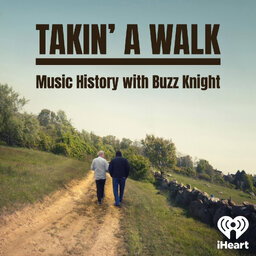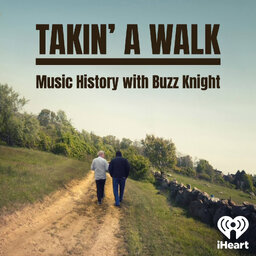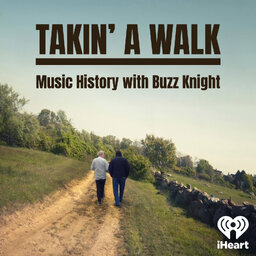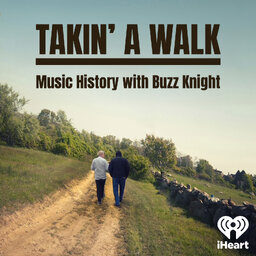Country Music Singer Songwriter Drew Baldridge-Nashville Music History
The amazing inside story of Country Music Singer Songwriter Drew Baldridge and his path to building an audience. A story of hard work and resilience you will love.
In 1 playlist(s)
Takin' A Walk - Music History with Buzz Knight
On the Takin’ A Walk-Music History Podcast, Buzz Knight goes deep with American music’s most iconic …Social links
Follow podcast
Recent clips

Marc Broussard: Soul Rockers, Growing Up in Louisiana's Music Scene, and Finding Your Authentic Voice-Rock and Roll Stories.
47:18

"Celebrating Timeless Rhymes: De La Soul's The Grind Date Turns 20"-Hip Hop Music History-Best Musician Interview Podcast Replay
32:24

Join Buzz Knight and Peter Wolf on a Walk Through Music History, Personal Stories, and Legendary Artist Encounters-Replay-Best Music Podcast
40:31
 Takin' A Walk - Music History with Buzz Knight
Takin' A Walk - Music History with Buzz Knight